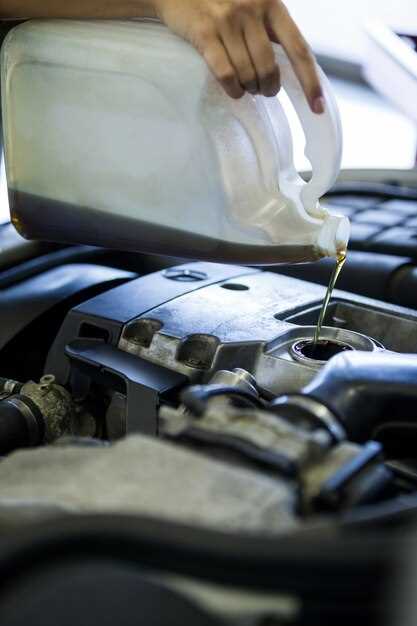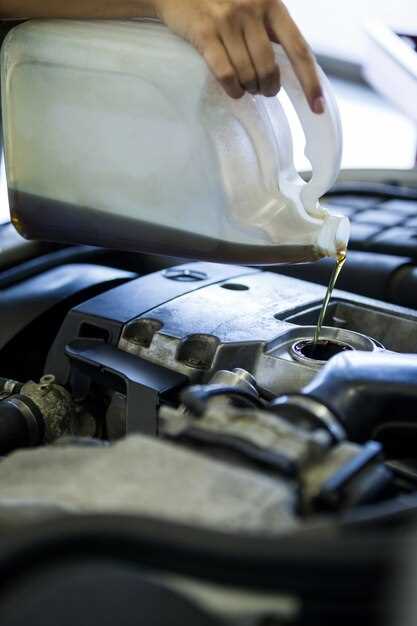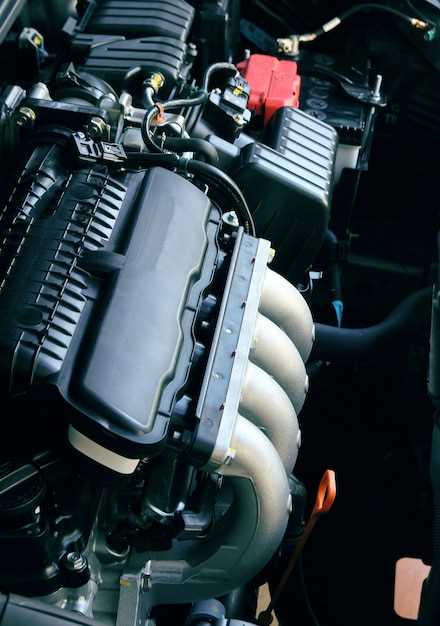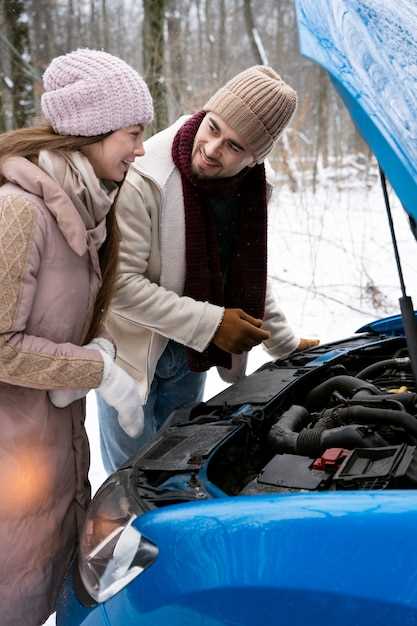

In the world of modern diesel engines, the quest for enhanced performance is a driving force behind technological advancements. One vital component that significantly contributes to this goal is the diesel intercooler. By effectively managing the temperature of incoming air, intercoolers play a crucial role in optimizing engine efficiency. They allow for denser air intake, which translates to improved combustion and ultimately leads to increased power output.
The operation of a diesel intercooler centers around the principle of cooling the compressed air that is heated during the turbocharging process. As the air is compressed, its temperature rises, which can negatively impact engine performance. By utilizing an intercooler, the temperature of the air is lowered before it enters the engine’s combustion chamber. This cooling effect not only enhances the engine’s ability to produce power but also helps in maintaining better fuel economy, making it a critical component for both performance enthusiasts and everyday drivers.
Furthermore, the use of intercoolers in diesel engines offers additional benefits such as reducing the risk of engine knock and extending the lifespan of the engine itself. As temperatures are optimized, the engine operates within a safer range, thereby preventing wear and tear that can lead to costly repairs. Understanding the importance and functionality of diesel intercoolers is essential for anyone looking to maximize the potential of their diesel-powered vehicle.
How Intercoolers Enhance Diesel Engine Performance

An intercooler plays a crucial role in optimizing the efficiency and performance of a diesel engine. By cooling the compressed air that enters the engine, intercoolers significantly enhance the combustion process. When air is compressed, its temperature rises, which can lead to pre-ignition and limit the volume of air that can be effectively utilized for combustion. An intercooler cools this air before it enters the combustion chamber, allowing for a denser air mixture and improving fuel combustion efficiency.
Moreover, a cooler intake charge enables the engine to achieve more power with less fuel. This is particularly beneficial for heavy-duty diesel applications where power output is critical. The reduction in intake air temperature also minimizes the risk of engine knock, allowing for higher compression ratios and more aggressive tuning without the threat of damaging the engine.
In addition to performance gains, intercoolers also contribute to reduced exhaust emissions. By promoting more complete combustion of the fuel, they lower the levels of unburnt hydrocarbons and nitrogen oxides released into the atmosphere. This is particularly important as regulations on diesel emissions become more stringent.
Overall, the inclusion of an intercooler in a diesel engine system not only enhances power output and efficiency but also supports environmental compliance. Whether in trucks, heavy machinery, or performance vehicles, intercoolers serve as an essential component that optimizes diesel engine performance.
Identifying the Right Intercooler for Your Diesel Setup
Choosing the right intercooler for your diesel setup is crucial for optimizing performance and ensuring your engine operates efficiently. Several factors should be considered when selecting an intercooler to meet your specific needs.
First, assess your engine’s power output and boost levels. Higher horsepower engines typically require larger intercoolers to manage increased airflow and heat. An intercooler that is too small can lead to heat soak, which diminishes performance by allowing the intake air temperature to rise.
Next, evaluate the type of driving you do. If your diesel truck is primarily for performance and racing, a more efficient bar-and-plate intercooler may be the best choice, as it offers superior cooling and durability compared to a cheaper tube-and-fin design. On the other hand, for everyday driving or towing, a well-designed tube-and-fin intercooler may provide an adequate balance of performance and cost.
Consider the mounting space and fitment in your vehicle. Intercoolers come in various sizes, so ensure that the one you choose fits seamlessly within your engine bay without obstructing other components. Custom mounting brackets might be necessary for certain applications.
Another vital aspect is the material construction of the intercooler. Aluminum is a popular choice due to its lightweight and excellent thermal conductivity. Pay attention to the quality of welding and construction, as these factors can affect longevity and performance under pressure.
Lastly, review your setup for any additional modifications made to the engine. If you have increased boost or upgraded injectors, choosing an intercooler that can accommodate these changes will provide better performance gains. Always consult with professionals or conduct thorough research to ensure the intercooler aligns with the overall goals of your diesel performance setup.
Common Issues with Diesel Intercoolers and Their Solutions

Diesel intercoolers are essential components that enhance the performance of diesel engines by cooling the compressed air before it enters the combustion chamber. However, like any other mechanical part, they can encounter various issues. Here are some common problems associated with diesel intercoolers and their effective solutions:
-
Leaks:
Intercooler leaks can lead to decreased efficiency and increased engine temperatures. They often result from wear and tear, corrosion, or physical damage.
- Inspect for any visible cracks or damaged fittings.
- Use a pressure test to identify the exact location of leaks.
- Seal minor leaks with appropriate sealants or replace damaged intercoolers entirely.
-
Clogging:
Over time, debris, dirt, and oil can accumulate within the intercooler, obstructing air flow.
- Regularly clean the intercooler using pressurized air or a gentle washing solution.
- Check and replace any damaged piping that could contribute to build-up.
-
Insufficient Cooling:
If the intercooler is not effectively reducing air temperature, it may be too small or improperly installed.
- Consider upgrading to a larger or more efficient intercooler.
- Review installation to ensure proper airflow and positioning.
-
Corrosion:
Metal intercoolers can suffer from corrosion due to exposure to moisture and harsh conditions.
- Inspect regularly for rust or corrosion signs.
- Apply protective coatings to prevent future damage.
- Replace the intercooler if corrosion is severe.
-
Pressure Loss:
Pressure loss can occur due to leaks, blockages, or inefficient design.
- Check all connections and hoses for leaks and secure them tightly.
- Evaluate the intercooler’s design to ensure it meets engine specifications.
By addressing these common issues promptly, you can ensure your diesel intercooler remains effective and maintains optimal engine performance.







